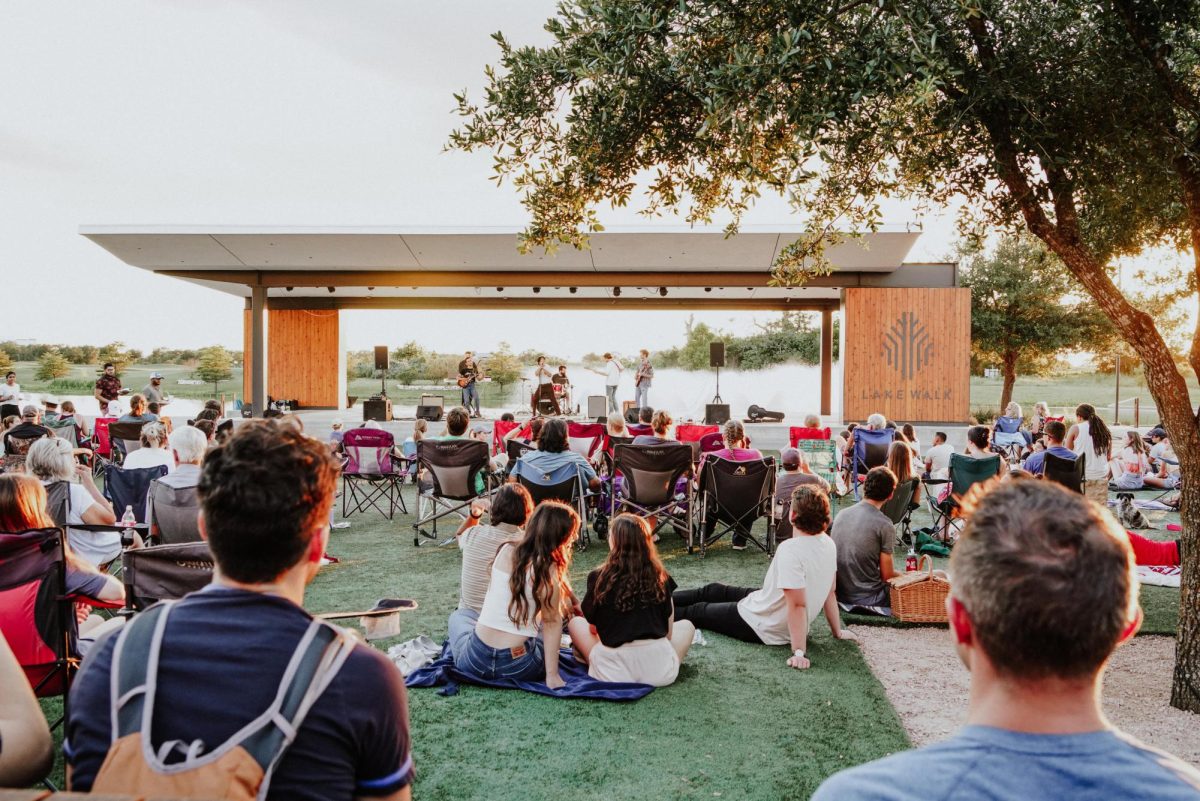Wyatt Newcomb was sick and stayed home from school 13 years ago, the day two planes flew into two New York skyscrapers. He knew his parents were upset, but it wouldn’t be until a few years later that he would begin to understand the gravity of a national tragedy.
For students who are increasingly distanced by the years following the September 11, 2001 attacks on the World Trade Center in New York City, their ability to pair faint memories to a life lived post-9/11 becomes more challenging.
Memory has a developmental time course, said Stephen Maren, professor of behavioral and cellular neuroscience. It takes time for memory to “grow up” and form specific memories of where and when things happen, otherwise known as episodic memories, Maren said.
Autobiographical memories begin to form around ages 4 or 5, Maren said.
“There are kind of two things that happen,” Maren said. “One, there is this kind of miniature area in your brain called the ‘hippocampus’ — Latin for sea horse. That part of the brain takes some time to develop, and so because its important for memory, you don’t actually really lay down adult-like memories until you have an adult-like hippocampus.”
Maren said the rapid production of new cells accounts for essentially “overwriting” memories, for example infantile amnesia as a result of birth, or even events like 9/11.
He said vague memories, especially childhood ones, are malleable and “susceptible to the impact of new information” that could potentially bias, alter or erase information about the event.
“For instance, if you’re talking about 9/11 and your brother said you were in the red station wagon when that happened — that may not have happened, it may have been sitting in front of the TV. It’s just that false information that was introduced while you were remembering the experience that would likely get incorporated into the memory so that in five years if someone asks you about your memory of 9/11 you might remember a red station wagon being a part of it even though that may have never happened.”
For a child watching the news, it felt more like a movie than reality, said Newcomb, biomedical engineering sophomore.
“I think my mom pulled me out when the towers were falling, but I remember being in the room watching the news,” Newcomb said. “The news switched from whatever was going on to breaking story that we were attacked. But I don’t think I really understood it until a year or two later, just being 7. I was so young.”
Maren said within the hippocampus new neurons are constantly being formed, even through adulthood.
“This is one of the areas of the brain where new cells are constantly being born and some new work actually suggests that rapid turnover of cells, which is particularly strong in young brains around this time period,” Maren said.
Jeff Meadows, civil engineering sophomore, said 9/11 feels foreign to him and said there is almost a lack of personal sentiment.
“It’s been in the last 15 years,” Meadows said. “There are huge history dates you have to think of — a hundred years from now is it just going to get caught up in a list of dates that happen, that kids are just memorizing for textbooks during middle school?”
Maren said first-hand experiences involve stimuli — sight, smells and sound — which provide context and are an integral part to forming a solidified memory.
“Without memory, we have no ability to recount the past or anticipate the future,” Maren said. “We can only understand our current experience in the context of memories of past events.”
Newcomb visited Ground Zero during his junior year of high school.
“Going though the memorial, they really highlighted what happened,” Newcomb said. “That’s whenever it hit me. That’s how big those actual towers were. It’s kind of crazy coming from a small town and looking at 100-story buildings — I can’t imagine seeing a plane crash into it.”
Johann Handszer, industrial engineer senior, said his memories of 9/11 might have been clearer at the age of 9, but he’s still trying to figure out how to make sense of the lasting cultural effects the day had on the rest of the country.
Handszer said he believes some children grew up in an environment rampant with “Islamaphobia” after the terrorist attacks, something he believes is still prevalent 13 years later.
“[9/11] changed our entire country’s perception of this religion,” Handszer said.
Catie Bristow, biomedical sciences sophomore, said patriotism and tolerance were equally important results of 9/11 for students her age to keep on the forefront of their minds.
“I feel like [patriotism] is something that gets lost,” Bristow said. “It reminds us that we are a country together, and while we do have disagreements about who should run things and what values we should promote, at the end of the day we are one country.”
9/11 memories cloud over time
September 10, 2014
Donate to The Battalion
Your donation will support the student journalists of Texas A&M University - College Station. Your contribution will allow us to purchase equipment and cover our annual website hosting costs.




















